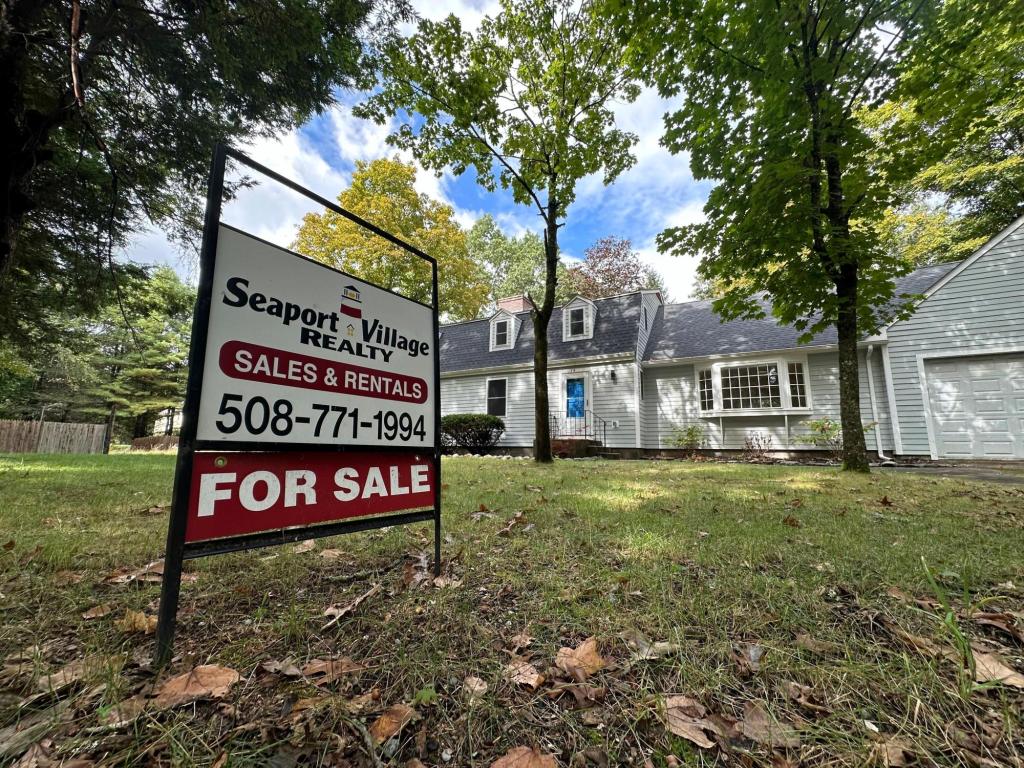AP Business Writer Alex Veiga
LOS ANGELES (AP) – Real estate investors are gaining most of the US homes in the market as prices rise and stubbornly high borrowing costs freeze many other home buyers.
According to a report by real estate data provider BatchData, nearly 27% of all homes sold in the first three months of the year were purchased by investors. It’s the best share in at least five years.
Between 2020 and 2023, the average percentage of homes purchased by investors was 18.5%.
Investors purchased 265,000 homes between January and March, an increase of 1.2% from the same period last year, the company said.
Despite the modest annual increase, the increase in the percentage of investors’ home buying is a reflection of how slow the housing market has become, as traditional buyers face affordable constraints, according to BatchData.
The U.S. housing market has been in a sales recession since early 2022, since mortgage rates began to rise from their pandemic-era lows. Home sales fell to their lowest levels last year in nearly 30 years.
Many future home buyers have been slowing so far this year as they are disappointed by the rising mortgage rates and the rising home prices that have continued to climb.
As home sales slower, real estate takes longer to sell. It has benefited investors and other home shoppers who can afford to bypass current mortgage fees by tapping cash payments and home equity profits.
“As traditional buyers struggle with affordability, investors with the benefits of cash and financing are stepping in to maintain trading volume,” according to the report.
BatchData analyzes US home sales records to determine which properties investors have purchased. These include vacation homes and rentals, but not home buyers’ primary residences.
According to BatchData, investors purchased an average of 1.2 million units in 2024, from an average of 1.1 million units in 2020.
Still, investor-owned homes account for around 20% of the country’s 86 million detached homes, the company said.
Of those, mom and pop investors, or those who own 1-5 homes, account for 85% of all residential properties owned by investors, while those with 6-10 facilities account for an additional 5%.
Institutional investors who own more than 1,000 homes account for only about 2.2% of all homes owned by investors, the company said.
And that number could be reduced amidst the indication that large institutional investors are reducing their home purchases.
Of the eight large companies that own and lease single-family homes, including invitation houses and American Homes 4 Rent, six have sold more homes than they bought.
Original issue: July 8, 2025, 11:24am EDT

